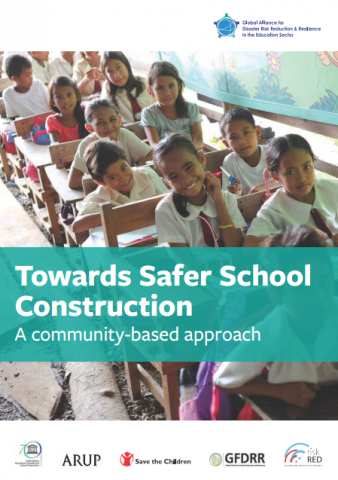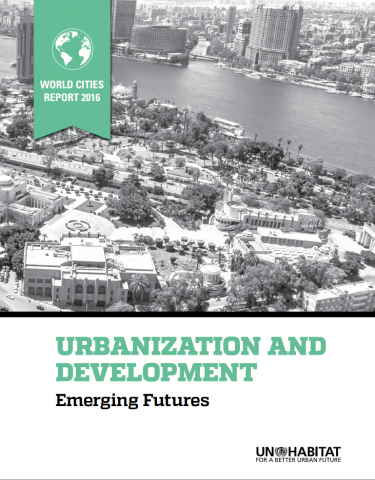Towards Safer School Construction – A community-based approach
This publication synthesizes the lessons from past community-based school construction programs and projects around the globe. It provides guidance for engaging communities in mobilisation, planning, design, construction and post-construction maintenance of safer schools. The approach seeks to achieve the twin goals of safer schools and more resilient communities. It treats school construction as a community […]
Towards Safer School Construction – A community-based approach Read More »


